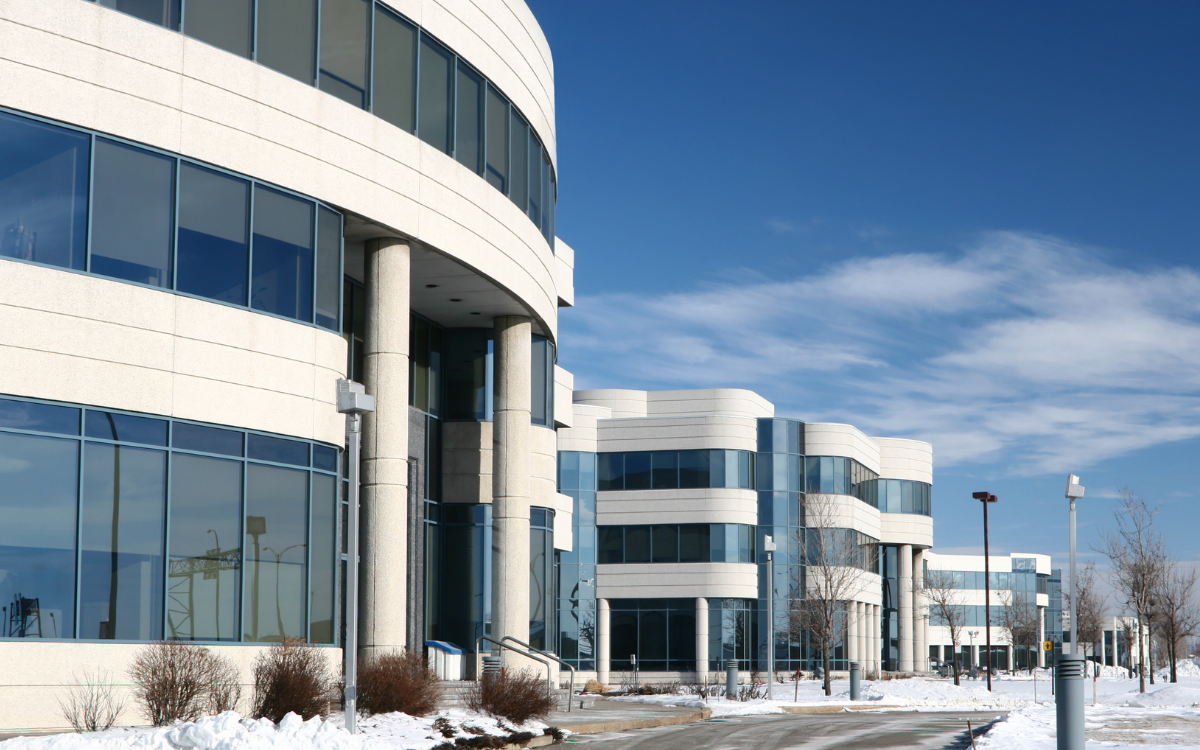With the advent of smart and modern technology, the construction domain is changing at a rapid rate. Traditional practices are changing into accurate, efficient, and sustainable processes. There are several innovations like AI, IoT, advanced tracking tools, etc., that have become an important part of construction projects. These technologies increase the overall productivity, safety, and precision at every stage of the project. In this article, we will go through different technologies that are reshaping the construction sector.
1. Better Planning And Design With AI
Artificial Intelligence has become a solid part of modern construction. The tools that are powered by AI can analyze large datasets to predict project outcomes, optimize schedules, and reduce overall risks. AI-driven BIM (Building Information Modeling) allows engineers and architects to create proper digital representations of structures that further lead to better design accuracy and fewer errors during construction.
2. Advanced Tracking Tools For Subsurface Work
Underground construction is one of the most challenging aspects of the industry. Advanced tools like DigiTrak FX12 sonde have transformed the execution of subsurface projects. The exceptional location device is used in horizontal directional drilling that offers precise tracking of the drilling equipment. The advanced features of the tools allow the operators to identify the underground obstacles and place the cables, pipelines, and other utilities at the correct location. The tool minimizes the risk of damaging any existing structure beneath the ground which is necessary
for the construction projects in the urban area.
3. Automation In Construction
The construction industry is utilizing the power of automation to simplify labor-intensive and repetitive tasks. Robotic systems are being used for challenging tasks like welding, bricklaying, etc., to speed up the projects. Also, automated drones are used for real-time site inspections which allows the engineers and architects to identify issues quickly and address them on time. The advancements in technology minimize errors and improve the overall safety level by reducing human exposure to hazardous environments. Automation is accelerating project timelines and offering higher quality and consistency in all modern projects.
4. Higher Sustainability With Smart Technology
Smart technology is driving sustainability in the construction industry by offering better resource usage and reducing waste. The AI-powered tools can optimize the material procurement process and lower the overall consumption of energy. These things further reduce the carbon footprint of the industry. IoT sensors help in monitoring building conditions which enables predictive maintenance and extends the life of the structure. On top of all this, solar panels, green roofs, and smart energy systems are helping to create eco-friendly structures that protect the environment for future generations.
The Bottom Line
Smart technology will evolve further in the coming years and its impact on the construction industry will deepen. The advancement will offer faster, safer, and more sustainable practices in the industry. Cloud technology will offer better collaboration of the elements in the project which will increase the overall productivity level. Operators will enjoy higher safety while using the machines and performing different construction tasks. Besides this, there will be new opportunities for everyone to grab with these unique innovations.




